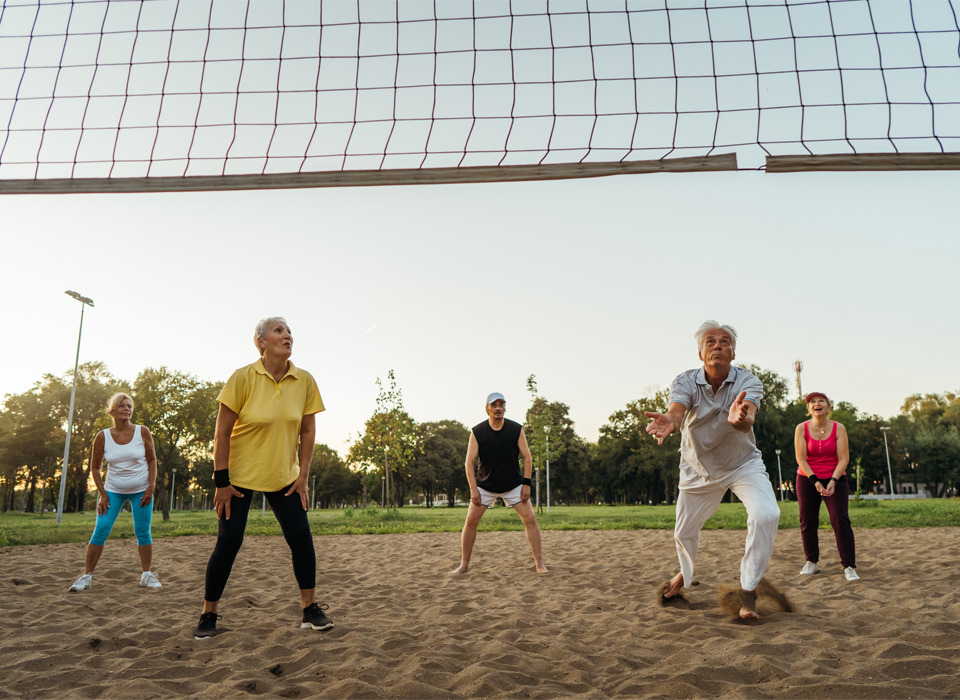A 53 year old jogger presents with knee pain. His x-rays were consistent with early osteoarthritis. He is very active and involved with sports and is hoping to avoid surgery. This is an all too common presentation and request.
Osteoarthritis results from overuse of the joint, aging, and previous trauma. It leads to gradual stiffening, swelling in the joint, and restricted motion. Competitive sports including basketball, soccer, as well as jobs which require squatting and lifting, are activities which increase mechanical stress on articular cartilage. Aging, obesity, and osteoporosis also can add to the evolving arthritic problem. Finally, previous fractures around the knee lead to disruption of the joint surface and predispose the knee to early evolution of osteoarthritis.
Treatment for osteoarthritis consists of a wide spectrum of options. Patients frequently will start with over-the-counter medications such as Tylenol, Glucosamine, and Chondroitin. If no relief, non-steroidal medications are used to reduce pain, swelling, and stiffness. (Gastric and cardiovascular side-effects need to be monitored).
Activity modification is important. I recommend low-impact cardio exercises such as stationary bike, outdoor bike, elliptical, and swimming. This should be combined with decreasing high-impact sports such as jogging, basketball, and volleyball which cause increased overload. Brace-wear is frequently helpful. Begin with a simple knee sleeve for comfort and balance to the knee. For more advanced osteoarthritis and particularly varus deformity in the knee, an unloader brace is useful to decrease strain in evolving osteoarthritis.
Acute flares of pain and swelling can be treated initially with aspiration and injection with a local anesthetic and cortisone to “put out the fire.” In the early stages of osteoarthritis, viscosupplementation can be effective. This is an artificial joint fluid (hyaluronic acid) that can give a longer effectiveness with cushioning and range of motion than cortisone.
With a comprehensive program as outlined above, frequently pain relief and improved function can be achieved and could put off the ultimate necessity of total knee replacement. Additional treatments such as protein rich plasma (PRP) and stem cell injections have been recommended to delay osteoarthritis. However, these have not been conclusively proven to be effective and additionally, unfortunately, they are costly and they are not covered by insurance.
